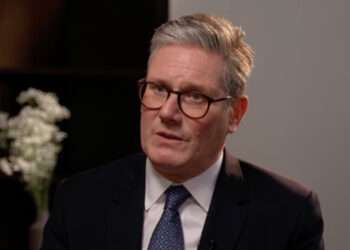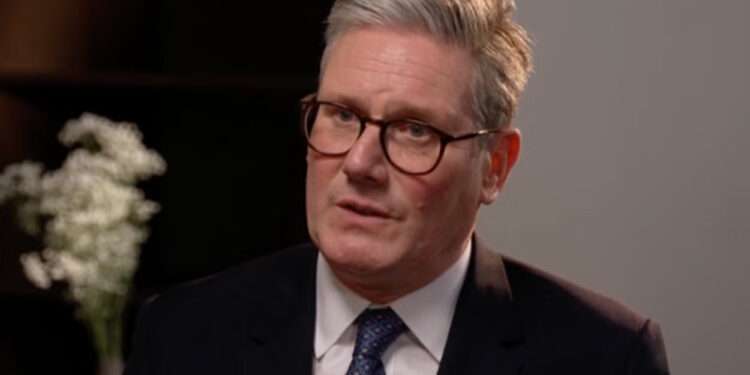Chancellor Rachel Reeves has announced plans to means-test winter fuel payments, aiming to save nearly £3 billion by excluding those not on pension credit from receiving the benefits.
However, this proposal has faced significant backlash, with critics arguing that outdated computer systems within the Department for Work and Pensions (DWP) will make the changes unworkable.
Former pensions minister Guy Opperman, who oversaw benefits for pensioners from 2017 to 2022, has been vocal in his criticism.
He highlighted that the DWP’s current infrastructure, comprised of over a dozen aging computer systems and thousands of administrative staff, is ill-equipped to handle the proposed means-testing.
Opperman stated, “Labour are making a big mistake … The state pension and add-on benefits – winter fuel payment, Christmas support, etc., are one-off payments.”
Reeves’s plan, which would cut winter fuel payments worth between £100 and £300 for around 10 million of the 11.5 million pensioners who currently receive them, was met with audible gasps and cries of “shame” in the Commons.
Despite the uproar, she remained firm, insisting, “If we can’t afford it, we can’t do it.”
The policy change also includes the discontinuation of additional cost-of-living payments, which provided up to £600 to households during the winters of 2022-23 and 2023-24.
Age UK has warned that this could leave at least 2 million vulnerable pensioners without essential support.
Opperman took to social media platform X (formerly Twitter) to elaborate on his concerns, suggesting that Reeves will inevitably have to reverse her decision.
“Over the last few years, the Conservative government added an extra £300 cost of living winter fuel payment support to all pensioners, meaning they got £500-£600 in winter fuel payments. This is also not being renewed by Labour. So the £500 to £600 loss to a pensioner on state pensions is huge.”
Guy Opperman
He also questioned the existence of the £22 billion budget shortfall that Reeves cited and criticized the decision to prioritize inflation-busting wage increases for public sector workers over supporting vulnerable pensioners.
“The government choice is to pay for this using money paid to support vulnerable pensioners during cold winters,” Opperman remarked.

A significant issue with the proposed policy is its reliance on pension credit applications to fill the gap left by the withdrawal of winter fuel payments.
Pension Credit Application Challenges
Opperman, who also oversaw pension credit during his tenure, emphasized the challenges in encouraging eligible pensioners to apply.
“We campaigned in a multitude of ways from advertising in post offices, media campaigns, letters to pensioners, letters to local papers, and even enlisted [former Strictly Come Dancing judge] Len Goodman.”
Guy Opperman
Despite these efforts, many pensioners did not apply, largely due to the slow and complicated application process.
Opperman pointed out that the DWP does not currently have the staffing capacity to handle an increase in pension credit applications.
“The error is Labour is targeting both these groups. Their exceptions are way, way too narrow. And this relies on pension credit applications filling the gap,” he explained.
Opperman warned of the potential real-world impact of the proposed changes.
“So the reality is that between multimillionaires and state pensioners not on pension credit, thousands of pensioners will struggle to heat their homes this winter; I know hundreds of my former constituents in Northumberland will struggle this winter.”
Guy Opperman
As the debate continues, one thing is clear: the proposed policy, as it stands, faces significant hurdles and may not survive in its current form.
Opperman’s final advice to the government was unequivocal: “I am afraid the ministers should listen to their civil servants on this one.”
READ ALSO: Minority Requests Detailed Information on Road Construction Equipment Prices



















